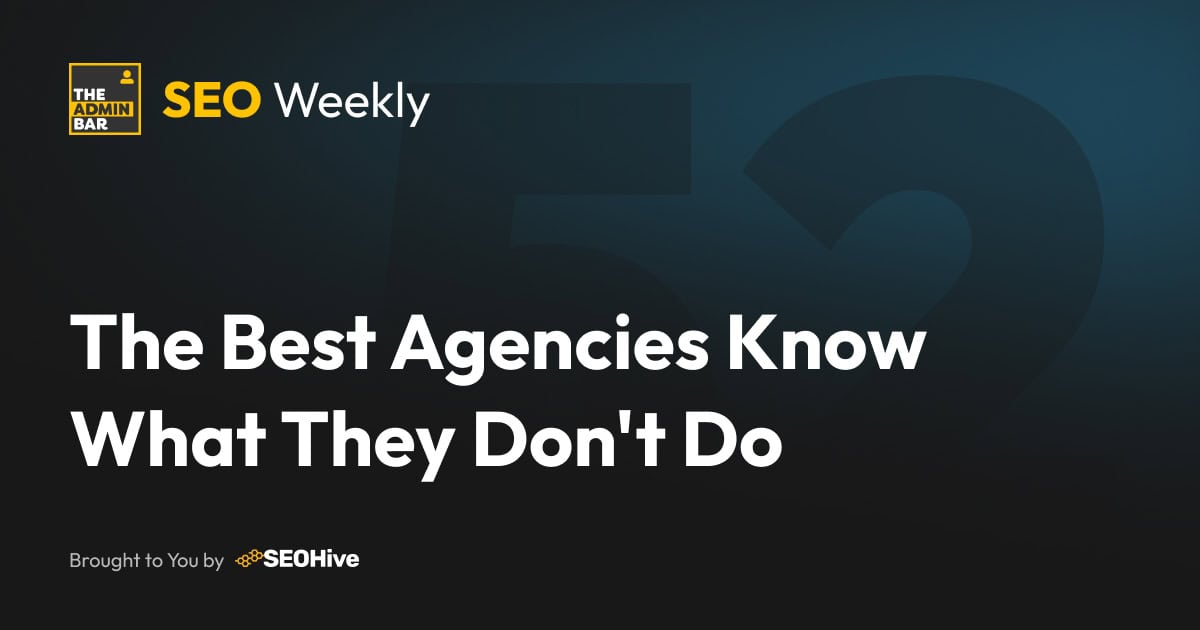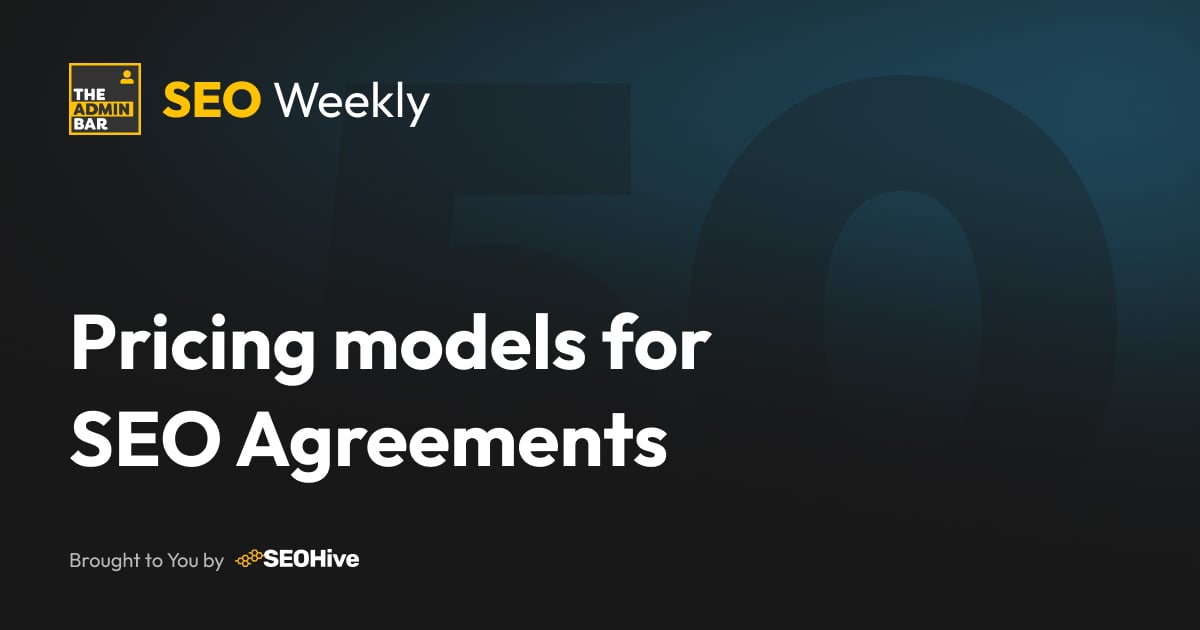We’ve all been there… You craft what you think is the perfect meta title and description, hit publish, then check Google only to find they’ve completely rewritten it.
And if you’re like most agency owners I work with, you’ve probably had that awkward client conversation: “Why are we paying you to optimize our meta tags that Google just ignores anyway?”
It’s a fair question, especially when Google rewrites meta descriptions about 70% of the time and title tags around 30%. So should we just stop bothering?
🚨 Spolier: Absolutely not. Here’s why… 👇
When Google Rewrites (and why it happens)
Google typically rewrites your meta tags when one or more of the following apply ⬇️
- Your content better matches the search query than your meta tags suggest. If someone searches for “emergency plumber London” but your meta description talks about “comprehensive UK plumbing services,” Google will pull more relevant text from your page to match the user intent.
- Your titles are too long or keyword-light. If you exceed 60 characters (inc spaces) or bury your target keyword towards the end of a title or after a pipe (“|”), you’re asking for a rewrite. Google likes you to keep things plain and simple.
You’ll also see rewrites when you’ve used generic descriptions that could apply to multiple pages on your site – Google will create something more specific and use that instead. Finally, the query intent might not match your messaging, which happens frequently with informational searches where your page covers more than your meta tags suggest. It’s easy to see how this happens when you have a 2000-word blog post but only a 60-character title and 160-character meta description – you simply can’t cover it all. 🤷♂️
Why Meta Tags Still Matter
Despite the rewrites, abandoning meta tags and leaving everything up to Google’s auto-rewrites would also be a mistake. You still get control when it counts most – for branded searches and specific queries, your original tags often appear unchanged, giving you control over brand messaging during crucial moments. Well-crafted meta descriptions also significantly influence featured snippet selection, and missing this opportunity means competitors will take position one instead of you.
There’s also a future-proofing aspect to consider… What Google ignores today might become critical tomorrow, so maintaining professional standards keeps you prepared for algorithm changes. And let’s be practical – clients expect proper optimization and a complete service from you. Missing meta tags signal poor technical execution to stakeholders, regardless of Google’s rewriting habits.
Strategies That Reduce Rewrites
Want your meta tags to stick? The key is matching user intent precisely by writing descriptions that directly address searcher needs without any form of jargon – write like you’re talking to a real person. Include target keywords naturally since Google “bolds” matching terms in descriptions, making their job easy without resorting to keyword stuffing.
Always stay within character limits – 50-60 characters including spaces for titles, and 155-160 inc spaces for descriptions. Going over almost guarantees rewrites. Make every description unique too, because duplicate meta descriptions across pages scream lazy optimization to Google.
Finally, test and iterate by using Search Console or SEO Stack to identify frequently rewritten descriptions, then experiment with alternatives to see what sticks better.
Focus Your Energy Wisely
Continue writing thoughtful meta tags, but be strategic about where you invest time:
1️⃣ High-priority pages: Homepage, key service pages, top-performing content deserve careful attention and testing.
2️⃣ Everything else: Maintain professional standards without overthinking every character.
3️⃣ Monitor performance: Track which pages keep your original tags and optimize accordingly.
The Bigger Picture
Meta tags exist within a broader SEO ecosystem – they are only two signals in hundreds of datapoints Google is using to analyse your site. Even when rewritten, they help Google understand your content’s focus and demonstrate professional optimization standards.
The goal isn’t controlling every variable – it’s creating the best possible foundation for search engines to connect users with your content.
The bottom line is that Google’s rewrites are frustrating but not defeating. Professional meta tag optimization remains essential for comprehensive SEO strategy. Focus on quality, match user intent and remember that the pages where your originals appear unchanged often drive your most valuable traffic.
And there’s always one last point – if Google is rewriting your meta tags, at least you know Google is parsing your website properly. 😬
Do you actively write and follow the success of your meta tags for your clients? Have you discovered anything through that process? Feel free to share below.
Join the Conversation!
There's a dedicated thread on this post inside of The Admin Bar community. Join in on the conversation, ask questions, and learn more!
Group Thread





